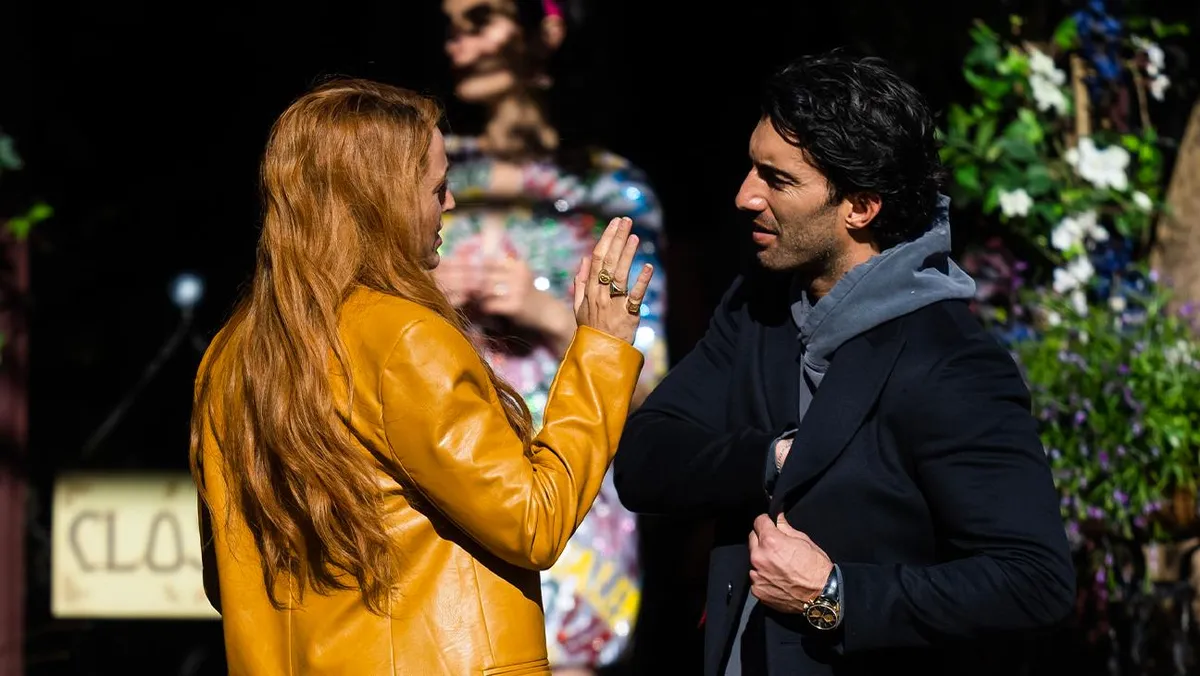
In a significant development in the ongoing legal battle, Blake Lively has decided to drop her claims for emotional distress in her lawsuit against director Justin Baldoni, known for his work on the film adaptation of It Ends With Us. This decision follows a ruling from U.S. District Judge Lewis Liman, who denied Lively's request to refile these claims at a later date if she chose to abandon them.
On Tuesday, Judge Liman issued an order stating that Lively's motion was “denied based on her representation that the relevant claims will be withdrawn.” This ruling marks a pivotal moment in the case, as it limits Lively's ability to reintroduce her claims for emotional distress without the approval of Baldoni. The actress's legal team, consisting of attorneys Esra Hudson and Mike Gottlieb, confirmed the withdrawal, stating that certain claims are “no longer necessary” for the lawsuit.
Despite dropping her emotional distress claim, Lively plans to continue pursuing damages related to other serious allegations, including sexual harassment and retaliation. Her lawyers emphasized that the “Baldoni-Wayfarer strategy of filing retaliatory claims has exposed them to expansive damages under California law.” This indicates Lively's commitment to holding Baldoni accountable for her allegations beyond just emotional distress.
On Friday, Lively voluntarily agreed to withdraw her claim for infliction of emotional distress. This strategic move aims to streamline the litigation process. By dropping the claim “without prejudice,” Lively retains the option to refile it at a later date if she chooses to do so. However, Baldoni has contested this approach, arguing that Lively’s legal team should fully abandon the claim, particularly due to her refusal to provide medical records that could substantiate her claims of emotional harm.
Tuesday's ruling effectively closes the door on Lively's ability to refile her emotional distress claims unless Baldoni agrees to it. Furthermore, Lively's choice to retain the option of filing a formal motion to dismiss these claims without prejudice means that the court will evaluate her decision if she pursues that path. However, if she decides to continue with her claims, she will face the challenge of not being able to present evidence of emotional distress, which could weaken her overall case.
A spokesperson for Baldoni declined to comment on the developments. The legal proceedings between Lively and Baldoni continue to attract significant attention, as both sides prepare for the next steps in this high-profile lawsuit.